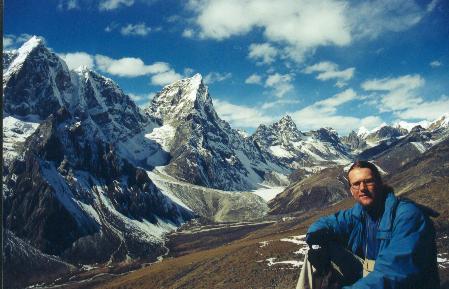Patrick Frierson
What I'm up to these days...This Spring (2025), I am teaching two courses at Whitman College: Environmental Ethics and a new course on Mexican Philosophy that satisfies the department's history of philosophy requirement. I continue to offer to students the option of taking my on-demand course entitled Philosophy Without Gaps, based on Peter Adamson's podcast series on the history of philosophy. This semester, I'm also maintaining a part time position with the new doctoral program in Montessori Studies at the University of Wisconsin-River Falls, where this semester I am teaching a course called Montessori and Philosophy based on my forthcoming book, . My own scholarship continues to hum along. My first book on Maria Montessori's philosophy -- Intellectual Agency and Virtue Epistemology: A Montessori Perspective -- was recently issued in paperback, and my second Montessori book -- Montessori's Moral Philosophy -- just came out in paperback this past May and was recently reviewed on Maria Montessori's Philosophy: Following the Child comes out with Oxford this May. In that book, I lay out Montesssori's philosophy as a whole and show how she developed a distinctive philosophical methodology, what I call "pedagogical naturalism". Meanwhile, I continue to work on Immanuel Kant, Anne Conway, Rene Descartes, Adam Smith, and others. I've lately become fascinated by Sor Juana de la Cruz's Primero Sueno and hope to do more work on that, and other topics in Mexican philosophy, in the near future. 
"The greatest concern of the human being is to know how to properly fulfill his station in creation and to rightly understand what one must do in order to be a human being." (Immanuel Kant, from a set of handwritten notes written in 1764 in his personal< copy of Observations on the Beautiful and Sublime, Ak. 20:41 ) |